If Jack Kerouac were alive today, it seems quite likely that since he liked to be in the avant-garde contingent of contemporary writers, he would be blogging, but what sort of items would he deem worthy of his attention? Would he point out the fact that after serving seven years as President, George W. Bush’s apologists were stoutly advocating the idea that some problems were the result of Bill Clinton’s policies but a mere 8 months after President Barack Obama was sworn in, those same Republican folks were firmly maintaining that now all of America’s current problems are the results of the new President’s agenda?
Perhaps Jack Kerouac would point out that the fact that Clinton had a long lasting effect and that the new President had quickly taken control might be a subtle indication that Bush’s interim period had been ineffective and impotent. Do Republicans’ really want to imply that the USA’s first Negro President was a virile buck who has put his mark on world affairs that quickly and that Bush never managed to achieve that in seven years?
After reading “Why Kerouac Matters,” by John Leland, this columnist realizes that a misperception had formed. This reader had leaped to the assumption that Kerouac would sympathize with the political views of writers like Paul Krasner, Art Kunkin (of Los Angeles Free Press fame), or Hunter S. Thompson. Such a surmise is very wrong. Leland asserts that millions of Kerouac’s readers have misunderstood what Kerouac was saying.
Leland postulates that the father of the Beatnik movement actually held strong conservative convictions as far as political philosophy was concerned. The literary critic then doles out the evidence to back up his contention. (See page 28 in particular.)
Kerouac did not inject many (if any) references to the Korean War in his novels.
Who will win the Series? Although Kerouac’s name was synonymous with New York City, he didn’t seem to care much about pro sports let alone root for the Dodgers, Giants, or Yankees.
For as much traveling as Kerouac did, he hardly ever extols tourist attractions. He seemed to concentrate on jazz, drinking, and sex. That and his spiritual visions endeared him to the hippies and they assumed that his mystical moments constituted permission to experiment with mind altering drugs.
Would Kerouac have blogged about topics which were not to be found on the Internet, such as the hypothetical “Bloggers’ Hall of Fame,” or would he have extolled patriotic approval of all of George W. Bush’s war crimes? What would you expect of someone whose hero was William F. Buckley?
If someone doesn’t start the Blogger’s Hall of Fame, what good is blogging?
How can a blogger compare the Golden Gate Bridge to the Sydney Harbor Bridge if he doesn’t make the effort to see and walk across both of them? Why state a conclusion if there is no chance that the results won’t take the blogger a step closer to just getting nominated for a place in such a hypothetical institution?
Kerouac said “Why must I always travel from here to there as if it mattered where one is?”
Isn’t the answer the same as the one to the question about why did that guy climb Mount Everest; “Because it’s there!”?
Kerouac did rewrites and polished his work and presented one draft of “On the Road” on one long continuous sheet of paper as if it were a product of a spontaneous burst of creative energy. He gave encouragement to bloggers who tends to write fast and post in haste by saying: “Why let your internalized high school English teacher edit what God gave you?”
Speaking of putting a roll of teletype paper into your typewriter and starting a marathon of keystroking, the folks at National Novel Writing Month (http://www.nanowrimo.org/) are about to start their annual November typa-thon competiton. Kerouac wannabes, you have been given ample notification.
Can you just imagine a talk show chat featuring Jack Kerouac and fellow conservative Ann Coulter?
Just before the posting process for this column was started, a quick bit of fact checking shows that the site for the annual blog awards (http://2009.bloggies.com/) contains a notation for repeat winners that they are considered to be at the Hall of Fame level of achievement.
Who would get a link on a Kerouac Blog? How about the teacher going around the world on a bicycle? (http://teacherontwowheels.com/) Talk about a road trip.
Why did this columnist and so many others leap to assumptions about Kerouac if the ideas weren’t in the words? Leland leaves the questions about the possibility that those messages were present on the subconscious level and thereby more effectively communicated, to other future critics-analysts.
After reading Leland’s book, a re-read of “On the Road” seems quite likely.
“Why Kerouac Matters” doesn’t have an Index. (Boooo!) Somewhere in the book, didn’t Leland mention a jazz composition titled “Kerouac”? Without an Index, that fact slips through the existentialist’s time warp and disappears into the either. An Index would also help to determine which of George Shearing’s tracks Kerouac liked and which he didn’t because he thought they showed a new attitude of cool and commercial.
In “On the Raod,” Kerouac wrote: “He said we were a band of Arabs coming to blow up New York.”
Now, the disk jockey will play Dexter Gordon and Wardell Gray’s “The Hunt,” Prez Prado’s “Mambo Jambo,” and Slim Gaillard’s “C-Jam Blues.” It’s time for us to bop out of here. Have a “Go moan for man” type week.

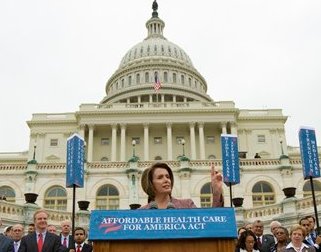
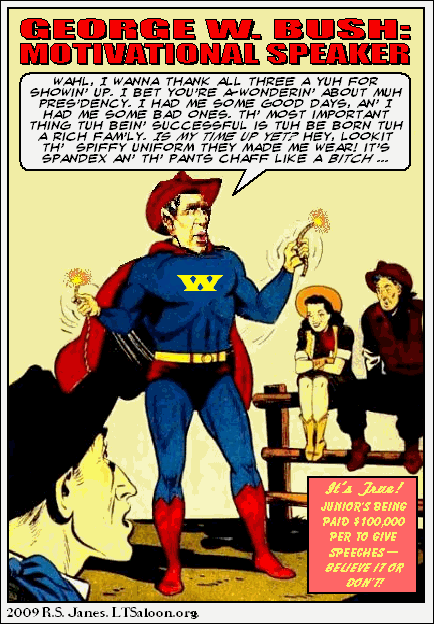

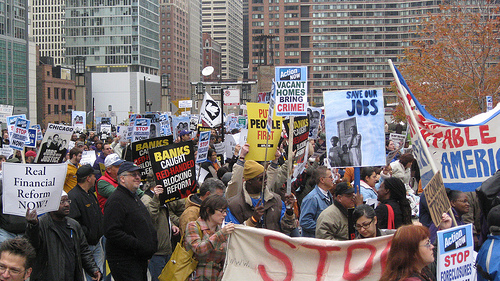
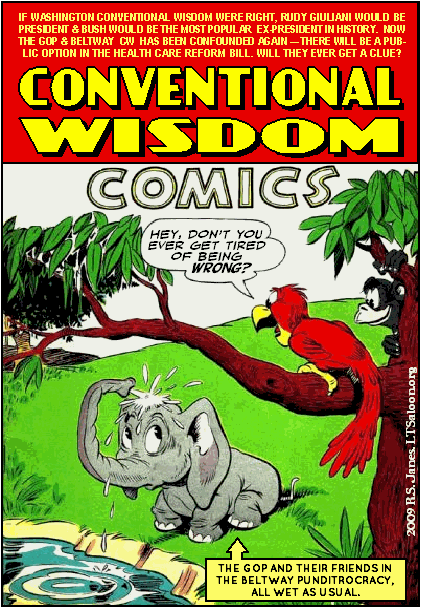
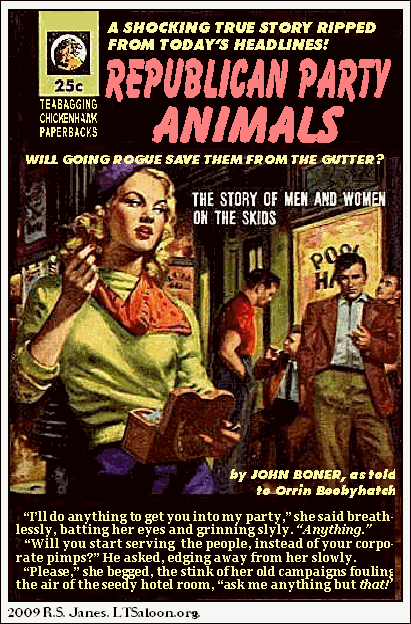
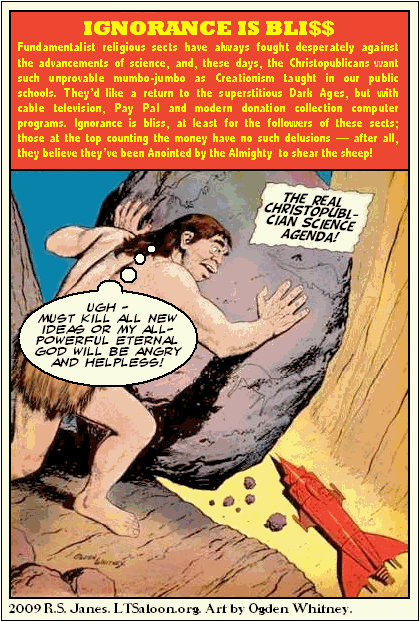
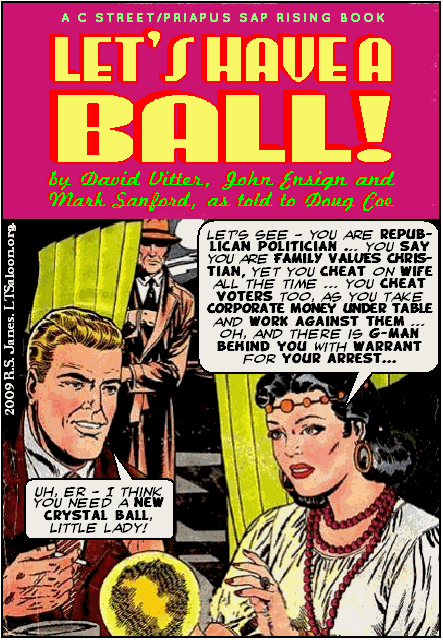
Young Rush: The Happy Halloween Special Edition